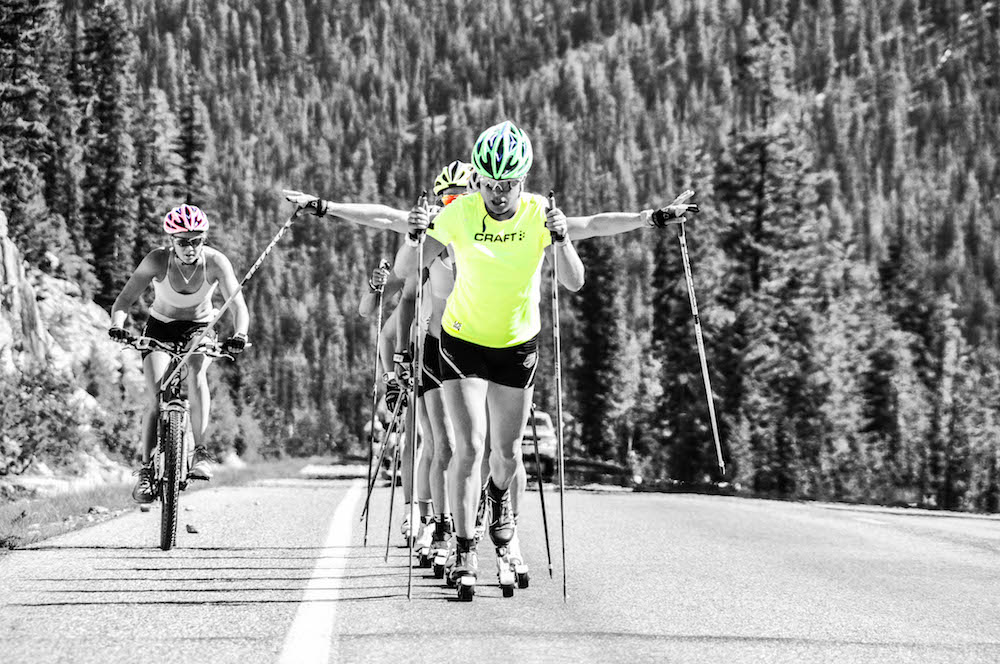
Snow has melted out or is melting out, and it may be time to sharpen the rollerski ferrules. For those looking for ski-specific workouts, the go-to is often rollerskiing. It goes without saying that the poles, rollerskis, bindings, and boots should all be checked before heading out. The safety gear should include some hi-vis items. And it should literally be topped off with a bicycle helmet.
That’s where the engineers at Virginia Tech (VT) come into play.
Since 2011, the Virginia Tech Helmet Lab has been rating helmets. They began with football helmets and have branched into ice hockey, baseball, softball, and soccer headgear. A few years back, the lab began publishing its findings on bicycle helmets.
In conjunction with the Insurance Institute for Highway Safety, the lab uses what it calls the STAR evaluation system to collect its data.
“Our bicycle helmet impact tests evaluate a helmet’s ability to reduce linear acceleration and rotational velocity of the head resulting from a range of impacts a cyclist might experience,” states the Virginia Tech Bicycle Helmet rating webpage. “Helmets with more stars provide a reduction in concussion risk for these impacts compared to helmets with less stars.”
The protection ratings use a 1-5 star system and a numerical score in determining a helmet’s capacity to reduce concussion risk. Readers should note that the rating website states the following when considering the numerical score: “A lower score offers better protection.”
For example, the best scoring helmet received a 10.5, whereas the lowest scoring helmet received a 25.5 score.

According to the STAR methodology, 12 different “impact conditions are evaluated” on each helmet. The conditions include six different impact locations with each location exposed to two different impact velocities.

Rollerskiing offers a set of risk that involve speeding downhill, road debris, traffic to name a few. Accidents happen. If you are in the market place for a new helmet, the VT resource is a good starting point for research. And if the helmet of your choice comes in a hi-vis color, that’s a bonus too.



